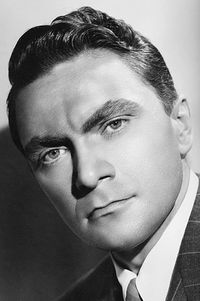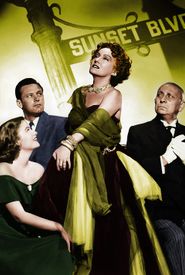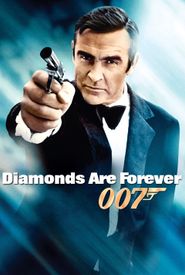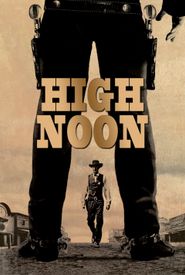Larry J. Blake was born on April 24, 1914, in the Bay Ridge section of Brooklyn, New York. At the tender age of 18, his remarkable talent for impersonations and dialects blossomed into a vaudeville act. Over time, Blake evolved into a headliner, captivating audiences at renowned venues such as the Orpheum circuit, the Roxy Theatre, and the Rainbow Room in Rockefeller Center.
In 1936, Blake signed a contract with Universal studios, marking the beginning of his illustrious film career. His first role was in the serial Secret Agent X-9 (1937),followed by a featured part in James Whale's The Road Back (1937),a sequel to the critically acclaimed All Quiet on the Western Front (1930). Blake continued to appear in various Universal films, including Trouble at Midnight (1937),Air Devils (1938),Nurse from Brooklyn (1938),and The Jury's Secret (1938).
When World War II broke out, Blake joined the U.S. Navy, serving in both the Atlantic and Pacific. After being mustered out, he received treatment at a Naval hospital for his struggles with alcoholism. A Catholic priest introduced Blake to the principles of Alcoholics Anonymous, and in 1946, he played a pivotal role in establishing the first A.A. group for members of the motion picture industry.
Blake returned to acting in 1946, securing steady work in supporting and bit parts throughout the 1950s. His most notable roles include Sunset Boulevard (1950) and High Noon (1952). In Sunset Boulevard, he played the first finance man who comes to repossess William Holden's car. In High Noon, Blake portrayed Gillis, the owner of the saloon who is punched by Gary Cooper.
As television gained popularity, Blake found a wealth of opportunities in westerns, crime dramas, and comedies. He became a regular cast member in The Pride of the Family (1953) television series and landed a recurring role as the friendly jailer in Yancy Derringer (1958).
Blake's final role was as the museum security guard in Time After Time (1979),a role he was forced to retire from due to his struggles with emphysema. Until his passing in 1982, Blake remained dedicated to helping others through the A.A. program, leaving behind a legacy of talent, perseverance, and compassion.












































































































